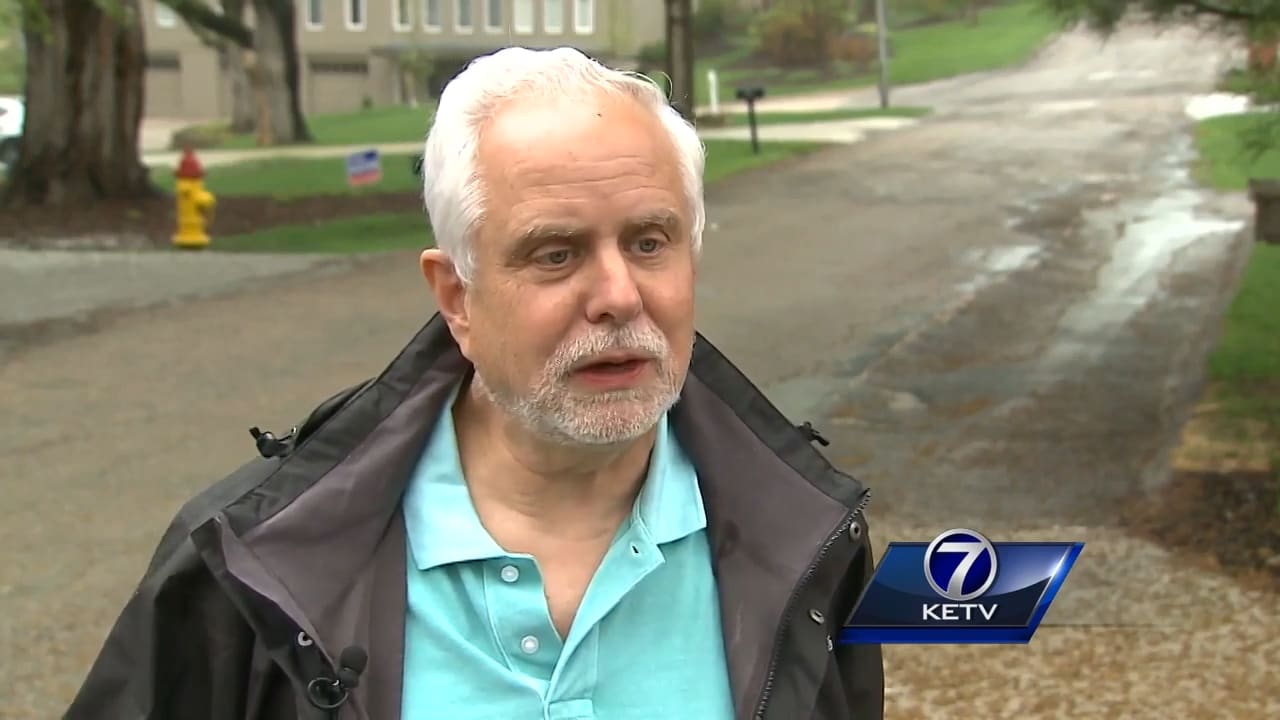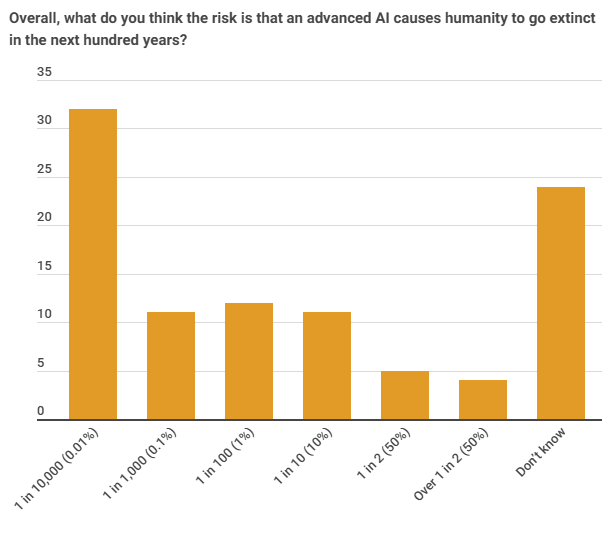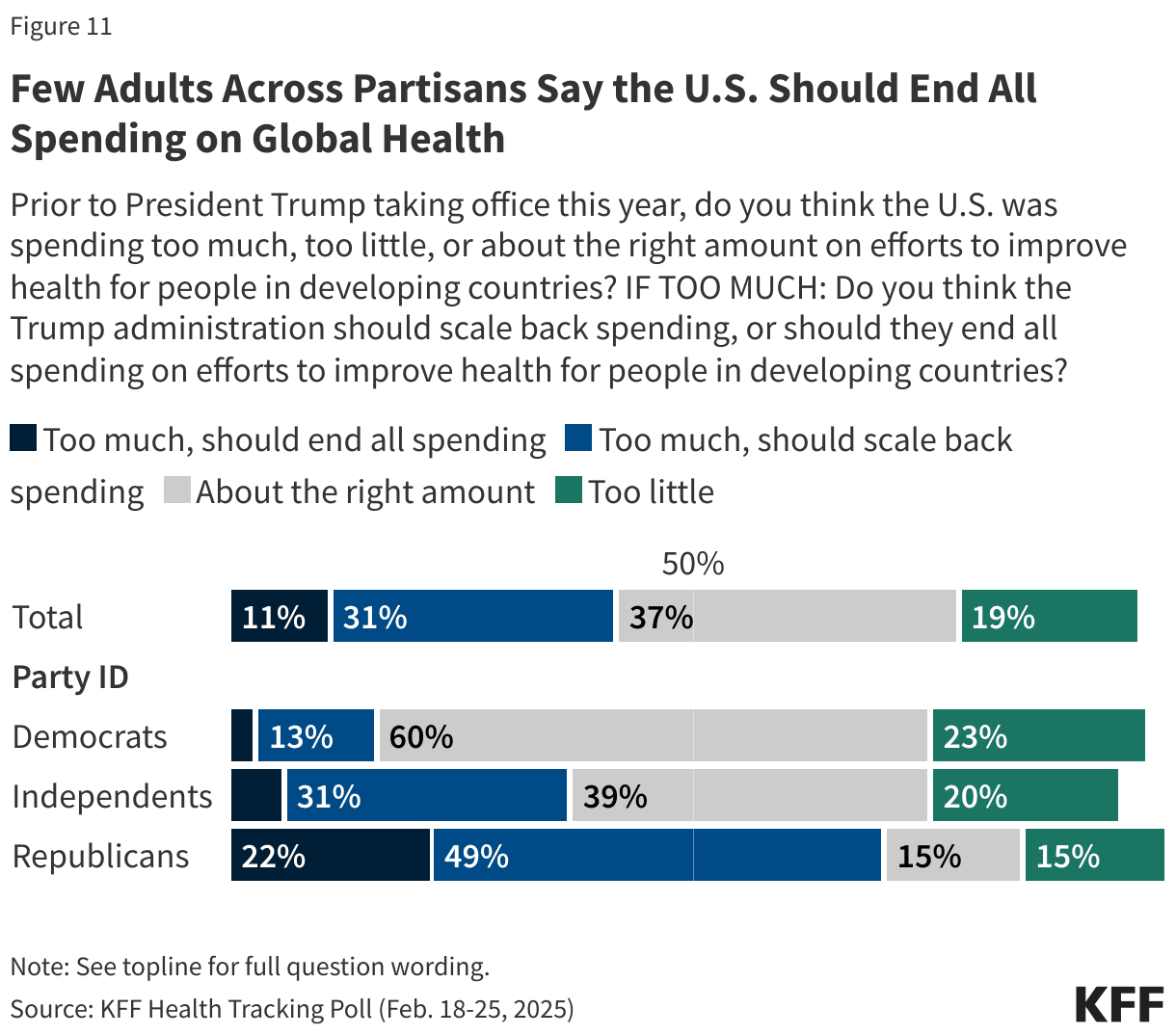
 EA Forum Podcast (Curated & popular)
EA Forum Podcast (Curated & popular) “From feelings to action: spreadsheets as an act of compassion” by Zachary Robinson🔸
Jun 18, 2025
Zachary Robinson, CEO of the Centre for Effective Altruism, challenges the common belief that effective altruism is devoid of feelings. He emphasizes that personal emotions, like anger and sadness, drive individuals to take impactful action. Through relatable stories, he illustrates how frustrations can spark community initiatives—like addressing potholes in Omaha. Robinson argues that rational analysis and compassion should coexist, portraying analytical tools as manifestations of deep emotional commitment to alleviating suffering.
AI Snips
Chapters
Books
Transcript
Episode notes
EA Driven by Emotions and Action
- Effective altruism (EA) is driven by emotions like anger, sadness, and fear motivating action, not lack of feeling.
- EA members act decisively and thoughtfully to turn feelings into impactful actions, such as mobilizing emergency funds or pioneering AI safety research.
Father Filling Potholes Example
- Zachary Robinson shares how his father personally filled potholes in Omaha due to government neglect.
- This story illustrates personal compassionate action to fix local problems directly rather than ignoring them.
Acting on Feelings, Not Ignoring
- Many feel deeply about problems like aid cuts and AI risks but only a fraction take action.
- EA members distinguish themselves by staying with their feelings and choosing to act rather than looking away.









